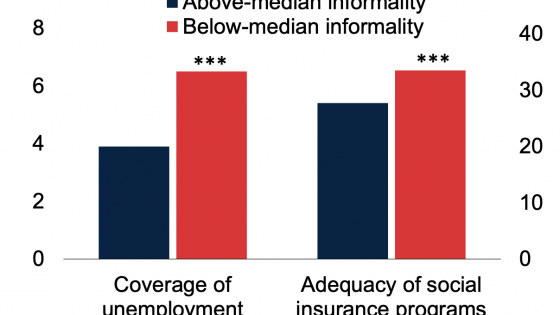DP5640 Does Propitious Selection Explain Why Riskier People Buy Less Insurance?
Empirical testing of asymmetric information in the insurance market has uncovered a negative correlation between risk levels and insurance purchases, rather than the positive correlation predicted by the standard insurance theory. Hemenway (1990) proposes an explanation for this negative correlation, called 'propitious selection''. He argues that potential insurance buyers have different tastes for risk and that 'individuals who are highly risk avoiding are more likely both to try to reduce the hazard and to purchase insurance' (p. 1064). Chiappori and Salanié (2000) also suggest that this line of argument, which they call 'cherry picking', may explain the observed negative correlation.
In this paper, we show that the propitious selection argument does not imply negative correlation between risk levels and insurance purchases, be-cause it fails to take into account the supply side of the insurance market. To illustrate this claim, we provide a model where, although we assume that individuals differ in risk aversion and that the more risk averse individuals exert more precaution and buy more insurance, we end up with a positive correlation between risk and insurance purchases at equilibrium. The reason is that, in any separating equilibrium, the more risk averse individuals face insurance overprovision which, combined with moral hazard, increases their risk relative to the less risk averse individuals. To obtain the negative correlation between risk and insurance purchases, one further needs the extra condition of decreasing marginal willingness to pay for the less risk averse individuals. Finally, we find that propitious selection has profound policy implications for social insurance.

